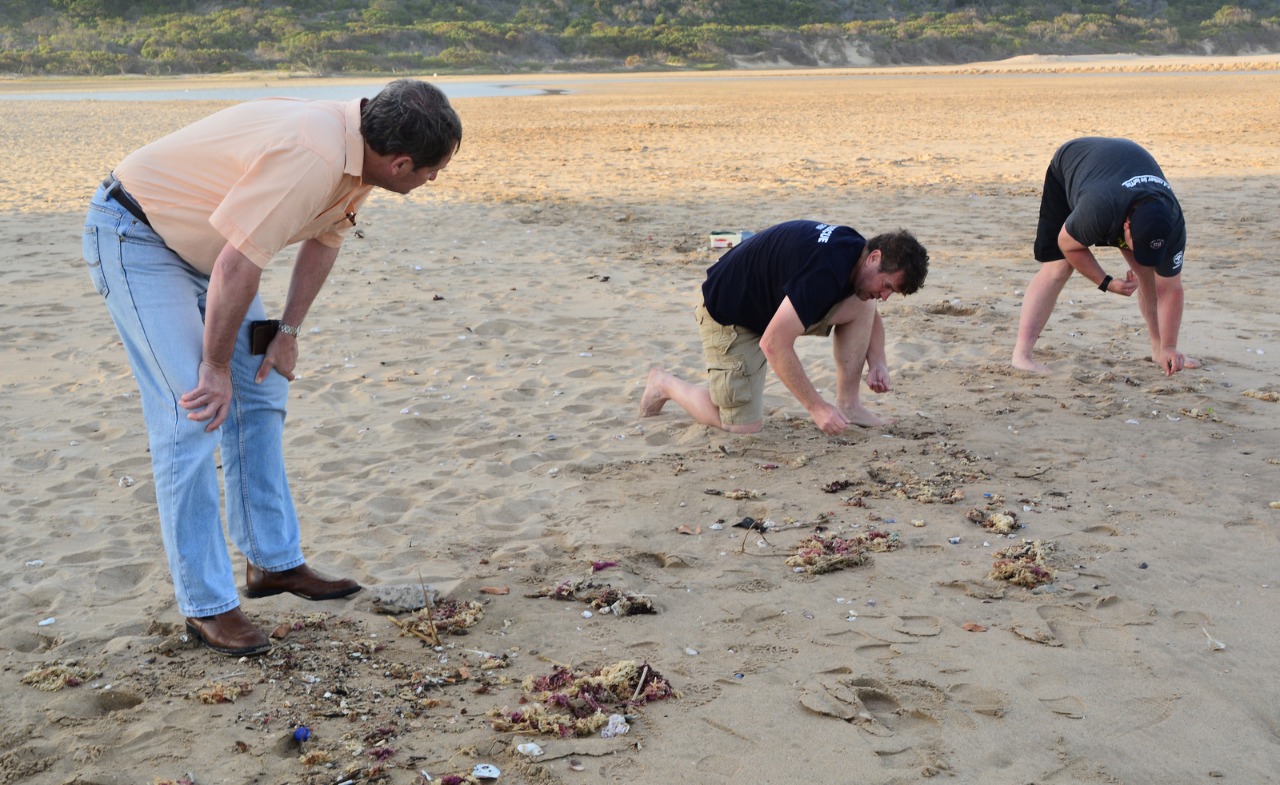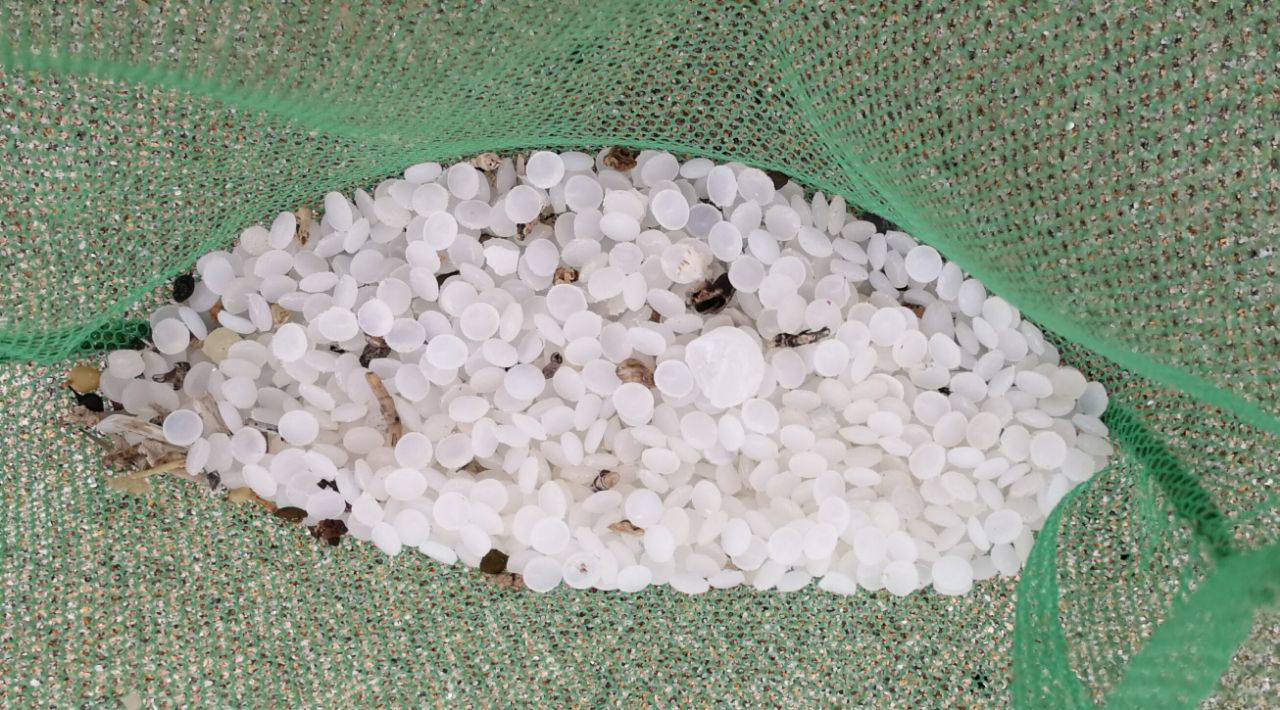GEORGE NEWS - Environmentalists have warned that an environmental disaster is unfolding along the KwaZulu-Natal coastline, as billions of plastic pellets are washing up on the beaches.
And now it is feared that our coast is also under threat of this invasive pollution.
Small quantities of the pellets, known as "nurdles", were found near Mossel Bay on Monday 20 November and volunteers of Stranded Marine Animal Rescue Team (Smart) and worried residents started a clean-up.
It is an ongoing process because nurdles keep washing onto the coast.
When approached for a comment on the threat, SANParks said that little floating objects that were spotted recently in Knysna turned out to be a false alarm, as these turned out to be pelagic tunicates/sea squirts.
SANParks ranger Jonathan Britton, who is based in Sedgefield, says he agrees with the Knysna Basin Project that "the tiny jelly pieces floating around the estuary are in fact pelagic tunicates/sea squirts."
Britton went to have a look when locals from Sedgefield started putting pictures of the creatures on social media.

Nurdles being picked up on the beach.
Investigating
The SANParks regional communications manager for the Garden Route National Park, Nandi Mgwadlamba, said, "We are trying to gather as much info as possible."
SANParks marine ecologist Kyle Smith said that the plastic pellets will probably be washing up along much of South Africa's coastline.
The problem originated in Durban where a container full of plastic pellets went overboard.

Nurdles picked up in a net.
"They have been washing up on Port Elizabeth beaches for some time now.
"I am not sure what the situation is in Wilderness, Sedgefield or Knysna, but if they are now washing out in Mossel Bay I am sure they are coming out on our beaches too."
In KZN specific nurdle collection points have been set up as simply throwing them in the refuse bin will just result in them ending up back in the environment - and probably on the beaches.
The Department of Environmental Affairs warned if there are some organised collection drives, collection points would have to be set up (see pamphlet below).
The pellets are not dangerous to humans at the moment, but scientists at the University of KwaZulu-Natal have warned the nurdles would soon become toxic as they get into the food chain.
"Fish see them as a food source - they look like transparent fish eggs and are the size of a lentil," read a Coastwatch KZN statement.
"At present, the closest collection point to George is the Shark Lab Aquarium at the Point in Mossel Bay."
'We bring you the latest George, Garden Route news'

















